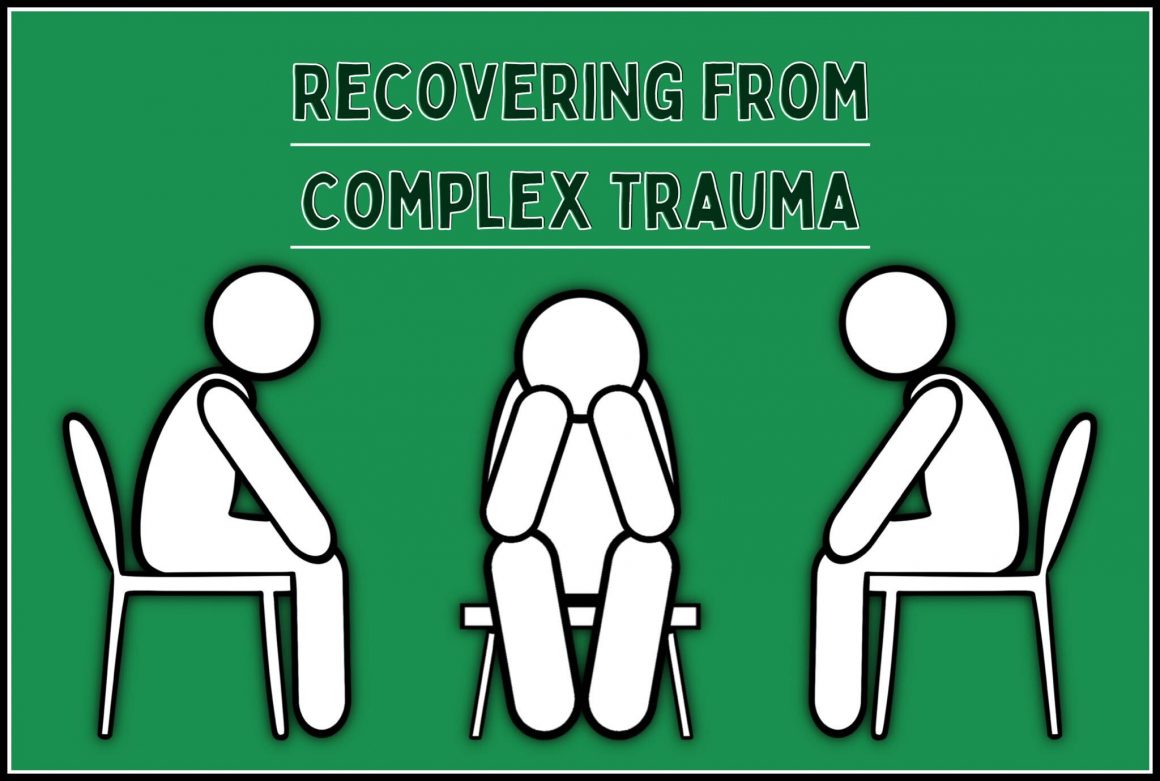
I attended a PTSD support group and it wasn’t what I expected
By Aymen Sherwani, June 12 2022—
As the title suggests, I attended a support group projected towards those that live with post-traumatic stress disorder (PTSD) and complex trauma — in part seeking to understand my own experiences but also wanting to acknowledge the role that community plays in the healing process. What I learned was a bit blindsiding.
Hosted on a Saturday afternoon in June, the Recovery-based techniques addressing the issues of Complex Trauma meeting was held online with 15 or so attendees. I went into this thinking it would be a place for people to share their trauma and to be validated and navigated towards a pathway for healing. Instead, all attendees listened raptly to the host — Don Edstrom — talk about how he refuses to place his trust in psychiatrists, doctors and allopathic medicine at large.
“How do I get a good therapist? I personally don’t think it’s necessary because the therapy system out there is largely flawed, for many different reasons,” said Edstrom. “[Therapists] believe that they have to be the middleman to heal you and that’s simply not true — if I pay you $200 for 50 minutes, I’ve given away my power and I am now expecting you to heal me — I am expecting the money to [heal me], I don’t even know you.
“There’s no real healing going on in the way that professional systems have it set up. Therapists are not operating fair all the time, manipulating you for money or your emotions or whatever they can get out of you,” he continued. “Now, the reason we’re having trouble with therapists — finding good ones — is because they’re kind of stuck in an old model and not very many of them are adopting the polyvagal theory.”
As an alternative, Edstrom said he places his faith in spiritual gurus and breathing exercises.
“When you study gurus and trauma experts, all of them will tell you that trauma is not what happened — trauma is what lives on afterwards. So we can work at this base state of where trauma is planted, and that is our autonomic nervous system and our brainstem, not some brain chemical imbalance — that’s another big hoax, they got going on,” he said.
Therapy is — by no means — supposed to “fix” someone, as Edstrom claims. It is supposed to provide guidance to the patient who then must make the effort to heal. Perhaps, however, this is what many patients in an overwhelmed healthcare system endure. While I’m definitely not ready to embark on a Stephen Strange-esque quest for a mystic guru or reject the benefits of modern medicine in exchange for a very-much-lacking-in-evidence polyvagal theory — observing the support group speak made one thing clear. There is an overwhelming level of mistrust towards the healthcare system when it comes to providing adequate mental health support towards those living with trauma — the main issue being financial concerns and that many feel they aren’t given the time of day to be heard or are shooed away with prescriptions. Differences in opinions on healing from trauma aside — this mistrust that many people evidently feel is worth talking about, as it points to a broader issue of an exhausted healthcare system that is unable to meet the diverse needs of Albertans.
Where Edstrom and many others are coming from makes sense. For the past decade, Alberta has been hit with recessions, record levels of unemployment and failing COVID-19 management policies that have left people in the province reeling through multiple waves of the pandemic — struggling to regain their old lives back. The healthcare system, without a doubt, is overwhelmed. Therapists are overwhelmed and it’s no wonder why many people, like Edstrom, are choosing alternative routes towards healing. Trying to convince vulnerable people in a support group to buy five to six textbooks on healing instead of pursuing a tested and approved medicinal route, however, is a little counterproductive and raises some eyebrows about where your intentions lie.
Switching gears, it’s also important to call attention to the treatment of people of colour (POC) by physicians and in hospitals. Canada, as an institution, is rooted in white supremacism and colonialism — these same normative frameworks are embedded within the Canadian healthcare system. There have been times where I have been asked “Do you speak English?” before a “Hello” — understanding this, I also know that the mistrust of many Black and Indigenous Canadians is rooted in more harrowing experiences.
Despite this, I am still an advocate for medicine. I am still an advocate for the fact that simply talking to someone can make all the difference. What I feel the healthcare system lacks is compassion and time — leaving many patients feeling unheard and, thus, anxious about hurriedly-written prescriptions, especially if they’re for selective serotonin reuptake inhibitors (SSRIs) or heavy antidepressants that are meant to target PTSD. Those that live with complex trauma are already in vulnerable positions and — to Edstrom — the feeling of being steamrolled is more prevalent than ever.
“I’m not saying all therapy is bad either — there are some very gifted people out there that can help me get my humanity back,” he said. “The stipulation is that though, is that they got to help me find me. They pretend that they know who I am, and then tell me who I am.”
It’s easy to call people crazy if they resort to mystical gurus and breathing exercises. A harder pill to swallow is the understanding that there’s a lot more work to be done in order to dismantle “healing” as an industry, and instead take a step forward towards a more patient-focused system.
This article is a part of our Voices section.
